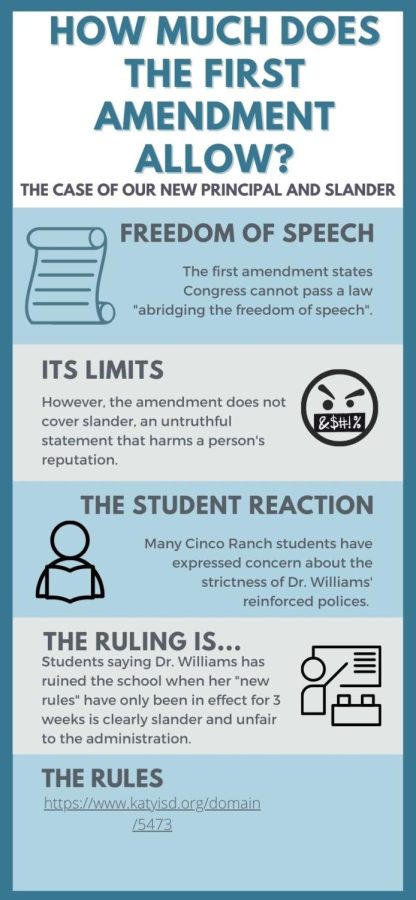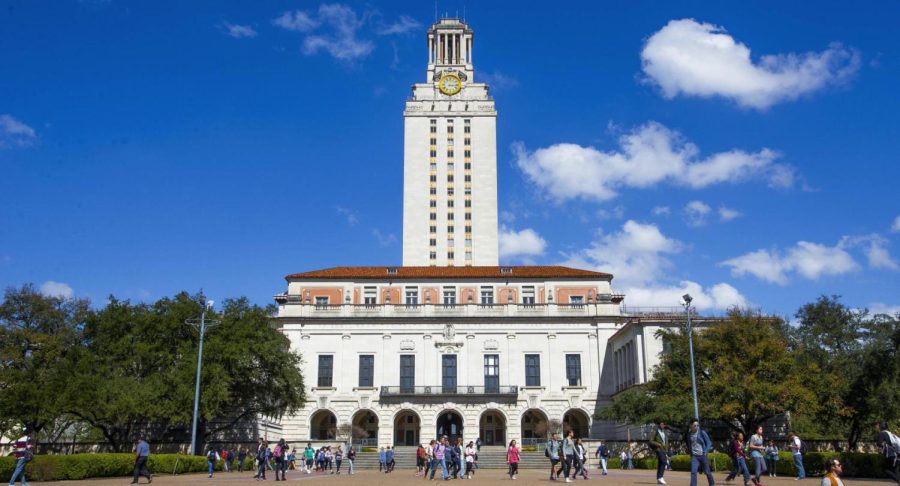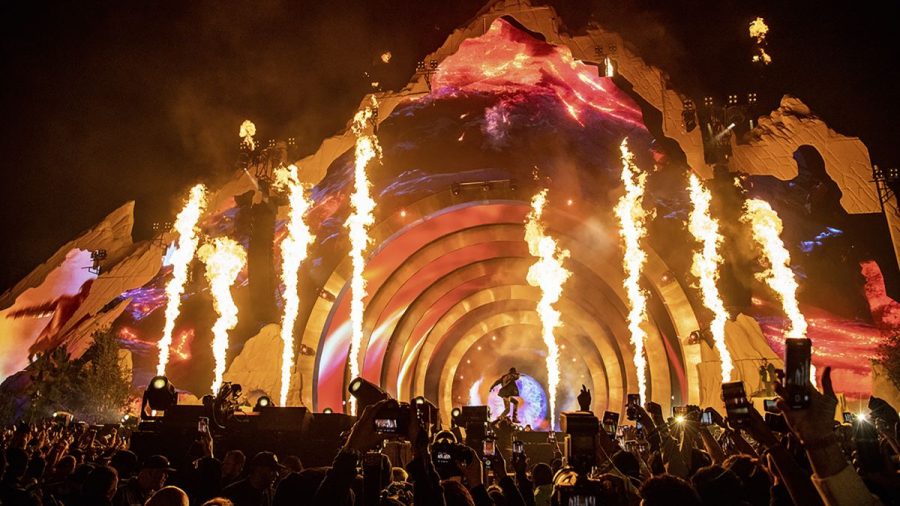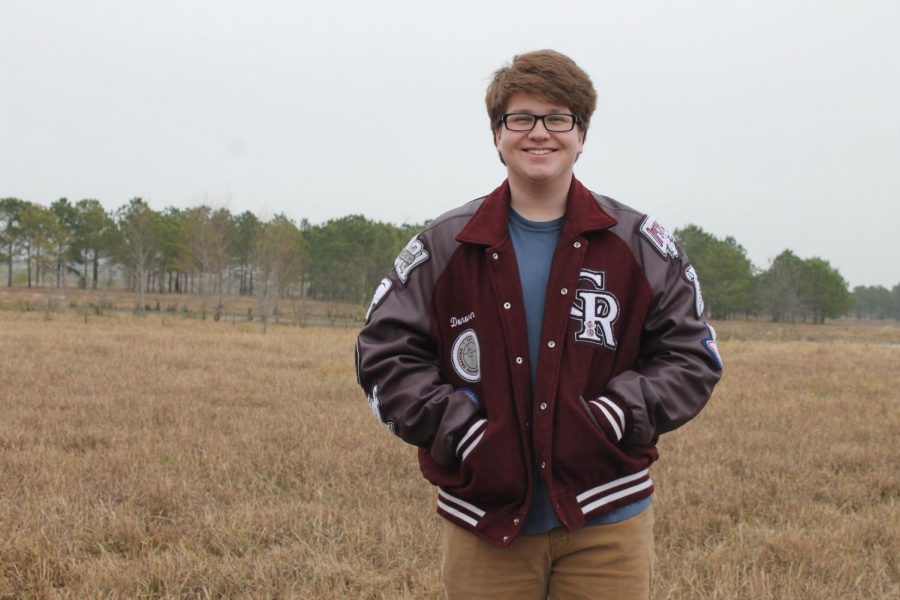Five years ago, Venezuelans walked the streets of the happiest country in the world. Today, long faces ride in bullet proof cars in what has become one of the most violent countries, all thanks to Hugo Chavez.
It was only a matter of time before his declining health gave way to death, yet romantics worldwide managed to bury the realities of his political actions under the pretenses of his achievements. News networks flashed pictures of people mourning, yet no one reminded viewers of the many tears that came before his death, during his rule, because of his rule.
He was described by television anchors as “charismatic” and an “extraordinary politician,” two attributes he used to fool millions, even after his death. No one bothered to explain why thousands of Venezuelans were assaulted and killed each month, or why even more were now kidnapped, impoverished, and living in a foreign country because of him. No one pointed out his rigged election wins, his destruction of private industries, or his dismissal of governmental workers because of their political stance. He was glorified, worshiped, forgiven.
Our course of action following the wake of his death is not to unveil his wicked practices, for they will be revealed in time, but to understand that it does not take a mastermind to control an entire nation, and it only takes years for a thriving country to fall apart.
I never met him, never shook hands with him, but his hands were the ones that turned my world upside down, forcing me to escape the only home I ever knew.
My mom saw the emptiness in Chavez’s promises and decided to move our family outside the country, but most Venezuelans remained, either hopeful for a better tomorrow or with no way to leave. All of a sudden, our apartment was sold, our cars gone, my things packed, and my life in Venezuela over. The next time I saw my grandparents my grandpa was on his deathbed, and my grandma’s Alzheimer’s kept her from remembering me. My best friend had moved on and found someone else. I became a stranger in my homeland.
Chavez bought his way into the support of the uneducated poor by handing out free merchandise; he gained allies by shipping free oil to other
countries; and he recruited voters by saving the top positions in nationalized companies just for his supporters. Workers knew that a single insult aimed at him would be enough to jeopardize their job.
Venezuela has the largest proven oil reserves in the world, holding more than Middle Eastern land and America, yet its infrastructure remains destroyed. Even after numerous strikes and complaints, the leading oil company was unable to fight off Chavez’s power, so it fell under his rule. A third of the workers were dismissed, whose positions were not filled with talented workers but simply more of his supporters.
Ultimately, one of the strongest businesses in the world, and the biggest trade Venezuela had to offer, fell apart because of one man.
Venezuelan television stations were forced to carry governmental propaganda hours at a time. Refusing to do so would almost guarantee being shut down. Gates around homes were quickly replaced by electric fences in hopes of warding off the constantly increasing crime rates. This whole time, Chavez was more preoccupied with changing the national flag and emblem than in keeping a country running.
Most of my childhood memories take me back to my grandparent’s farm. Due to Chavez’s advancements to take over privately owned farm land I will never know if the flower garden is still alive, or if the farm land is still taken care of. Even my dad was forced to sell our land. All over town, you could hear about an uncle or a grandfather who had lost his farm and no longer had a way to bring in that necessary income.
Grass burns, leaves wither, money depreciates, and all earthly things fall. Some men seek to destroy, but within us is the power to save, so we shall bind up what is broken and seek guidance from men with honorable promises.

![Tips for Studying Finals [INFOGRAPHIC]](https://crhscountyline.com/wp-content/uploads/2022/12/Studying-for-Finals-900x506.jpg)




